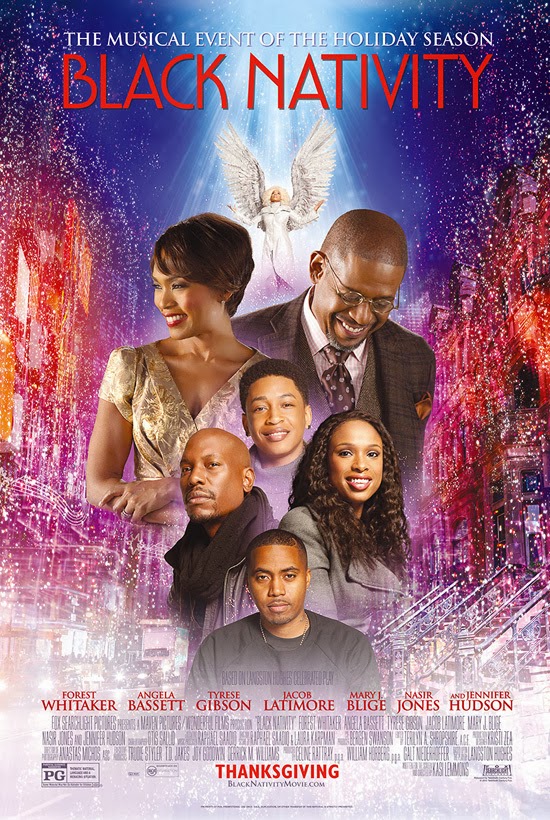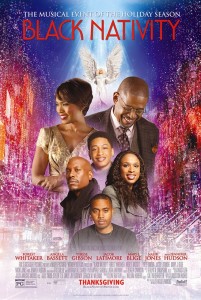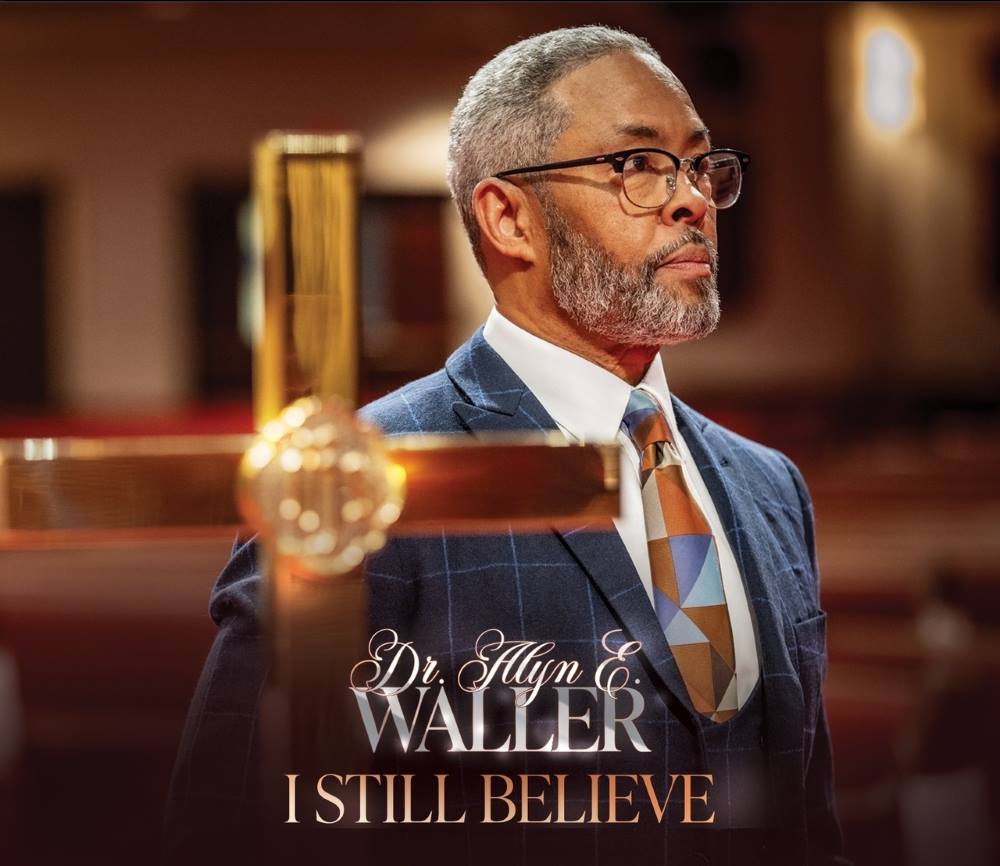Black Nativity
Fox Searchlight (opens November 27, 2013)
PG – 1 hour 32 minutes
By Bob Marovich for The Black Gospel Blog
When I heard that Black Nativity was to be made into a motion picture, I wondered how faithful it would be to Langston Hughes’ 1961 musical retelling of the birth of Jesus. Turns out the film version, directed by Kasi Lemmons, who also wrote the screenplay, is really a different story. The reference to Hughes’ gospel musical takes place later, during the film’s critical scene.
Faced with imminent eviction, a broke Naima (Jennifer Hudson) sends her son Langston (Jacob Latimore) to live with her parents in a tony section of Harlem so she can work during Christmas to meet the rent payment. Problem is, Langston has never met his grandfather, prominent minister Rev. Cornell Cobbs, played by an intimidating Forest Whitaker, and his grandmother Aretha (Angela Bassett). The reason for this delayed meeting becomes apparent later.
Not only is Langston unhappy with being sent away for Christmas when he would rather be in Baltimore with his mother, he finds it perplexing that his grandparents are well-to-do while he and his mother face eviction. Determined to help save their Baltimore home, Langston visits the streets of Harlem in well-intentioned but unsavory attempts to get the money they need.
As the story unfolds, one discovers that it takes a village of metaphorical characters (Mary J. Blige as an angel; Nas as Isaiah, a street prophet), and even a homeless Mary and Joseph, to save a child and repair a family.
Those expecting Black Nativity to be a film version of the original musical will be disappointed. I only counted three songs from the original soundtrack, and the story is not the same as the original, which featured lots of high-spirited, aisle-running, handclapping gospel music to proclaim Christ’s birth. The film does interject songs amid the dialogue to move the story along, which led my wife to wonder whether the movie had more in common with Rent than Black Nativity.
Two highlights are the ensemble’s rendition of Walter Hawkins’ “Be Grateful,” and Jacob Latimore’s superb performance as Langston. He steals the show from the A-list cast by being natural and believable. If the sound happens to go out in the theater, one can follow the storyline by watching his facial expressions.
What troubled me most was not the entirely different script but the use of well-worn stereotypes, such as teenage pregnancy, guns, and urban crime, in a story about an African American family. Apparently a show with handsome helpings of joyous, effervescent gospel music, which is what made critics around the world fall in love with the original Black Nativity in the first place, is not considered a box-office draw. The only link to the original musical is its performance at Rev. Cobbs’ church on Christmas Eve, where it serves as the backdrop for the plot’s apex.
Is the film worth seeing? Sure, why not, for the reason we all went to see The Preacher’s Wife: it’s a family-friendly, heartwarming story about Christmas and the season’s longstanding ability to restore faith during tough circumstances. The music, directed by Raphael Saddiq, is decent. But any traditional gospel singing will have to come from the audience.
Three of Five Stars
Written by : Bob Marovich
Bob Marovich is a gospel music historian, author, and radio host. Founder of Journal of Gospel Music blog (formally The Black Gospel Blog) and producer of the Gospel Memories Radio Show.












 Visit Today : 8
Visit Today : 8 This Month : 79
This Month : 79